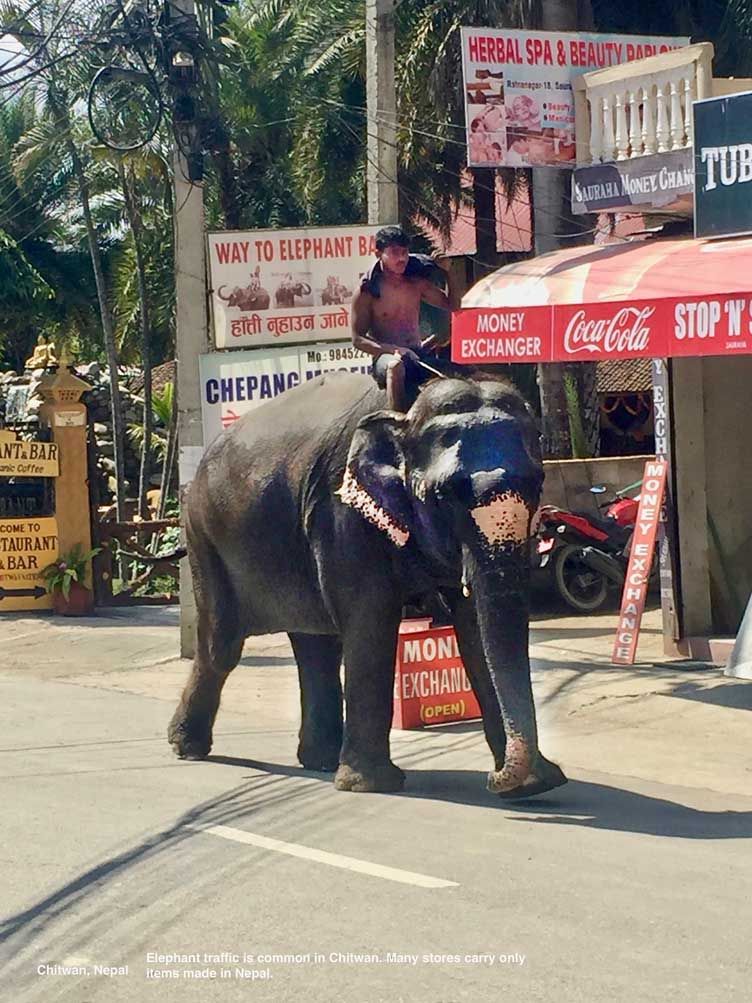When traveling to countries where people didn’t speak or look like me, my teachers were tour guides. They steered me to places and people I will never forget. Many memories of my travels are directly linked to the guides who showed me the way to appreciate their culture, spiritual practices and political systems. Like many in the hospitality industry, tour guides have lost their livelihoods during the COVID-19 pandemic. Travel restrictions, grounded airplanes, closed borders and empty hotels are grim reminders of what so many of us took for granted – freedom of movement. I reached out to some of my former guides to learn how they are faring during the pandemic. They gladly shared what their world looks like now.
Mustapha Khalidi, Morocco

Morocco received nearly 13 million visitors in 2019 and was ready to welcome 20 million in 2020, but the coronavirus collapsed that expectation. “The pandemic brought things to a halt very quickly,” says Mustapha, owner of Roaming Camels Morocco. “When the announcement came of the borders closing, I was on the road with 10 travelers near Chefchaouen, a remote mountain village. We stayed the night there and divided up phone call duties – trying to contact different airlines, making arrangements for accommodation in Casablanca, and so on. We left Chefchaouen around 4:00 am and drove to the Casablanca airport. Some of the group were able to get flights right away while others had to wait. I stayed with them and they all got flights out within two days.”
Mustapha has been hosting guests for 12 years and prides himself on personal service. “We assess visitors’ speed and energy levels so we can adjust each day accordingly,” he says. During orientation he tells his guests: “Don’t worry if someone puts their arms around you. Moroccans are friendly people.” Important sites on his tours may include the Hassan II Mosque in Casablanca, the four imperial cities Rabat, Meknes, Fes, and Marrakech, as well as the Sahara Desert and coastal area.

Food markets in Fes offer local variety 
Hassan II Mosque in Casablanca
“I love Morocco and will never tire of showing its complex beauty to visitors. I like to discuss different cultures as a way for people to understand each other,” he says.

After the borders closed he returned to his family home. “We drove our vehicles from Marrakech to the Roses Valley where we have been ever since. My brothers and I spent a complete Ramadan at home for the first time in years. We are working with our father to build irrigation and cultivate our family plot of land, growing vegetables and herbs. We have created a working farm so we can share food with our neighbors. This will help our father once we are back to work.”

When that will be he is unsure. He says things are starting to open and officials are working on a plan to stimulate travel.
Gajraj Singh Banad, India
Gajraj’s mild and attentive manner contrasted with the busy, noisy street in New Delhi’s Patal Nagar neighborhood where I first met him. After filling me in on some travel basics, he said: “In India we treat guests as family. While you are here consider yourself family.”
Now, I wonder about him and his family. He lives in Jodhpur and has been a guide for 19 years. Gajraj travels with small groups of visitors representing all ages, nationalities and social status. The only thing his guests have in common he says is “wanderlust”.

Medieval architecture surrounded by spring in Orchha, Madhya province 
Tour guide Gajraj Banad in Agra with a backdrop of the Taj Mahal dome
“The role of tour guide allows me to share my knowledge and pride in my country with others. I get to travel and lead a nomadic, interesting life. A good tour guide is knowledgeable, kind and curious.” An apt description of him.
Typically, Gajraj’s tours last two to three weeks. He shares with visitors the iconic sites in India – the Taj Mahal, bustling markets of Delhi, temples, palaces, and forts as well as the beaches of Goa, camps in Thar desert, and holy sites in Varanasi and Pushkar. Guests often tell him, as I did, that it is not just the iconic sites they find memorable. It is glimpses of daily life: riding in women-only train cars, making offerings to Hindu gods, celebrating weddings and election results on the street, and racing through cities in a tuk-tuk with a crazy driver.

Neighborhood street in New Delhi 
Village girl in Madhya province
He says the pandemic has changed life in India. “There are queues for many things now. Everyone is wearing face masks and while this is necessary, it creates a feeling of distance between people.” He receives no assistance from the government or tour company.

“I am now mostly at home. I have itchy feet.” He enjoys being with his children, yet he misses the travelers and holds onto the words one woman wrote to him: “India has a beating heart and you have let us feel her pulse.”
Fule Chaudhary, Nepal

A walk through the jungle in Chitwan National Park 
Tour guide Fule Chaudhary on the Rapti River in Chitwan National Park
Arriving in Nepal was a respite from the chaos of India, especially when I reached Chitwan National Park where I met Fule Chuadhary. He has been working as a tour guide for 20 years and is passionate about nature, wildlife and his country’s culture. Intuitive and respectful of all that surrounds him, he requested that visitors wear green or brown clothing for the next day’s adventure into the jungle via canoe on the Rapti River. Sitting at the head of a long narrow canoe carved from a Champ tree he used hand signals in lieu of words when spotting wildlife. Voices can startle animals. What he describes as a “very best day” happened that day.

“Meeting new people, taking them to the jungle and spotting wildlife including rhinoceros and royal Bengal tiger, that’s a most exciting day.” The crocodiles, birds and plants were beautiful but when a tiger approached and swam across the river, it was a savored moment. Just as exciting to Fule as it was to us. I would follow him anywhere.

To share community life, he brings visitors to Chitwan and surrounding farms. “People absolutely love seeing the local villages, the living style and culture. They often say that this will help them to live a simpler life with happiness.”

Fule’s 15 to 20 tours a month dropped to zero when Nepal shut down. Tourists from around the globe were gone. The government provides no relief for tour guides like him. He thinks the situation will get better by October. “May the ray of hope rise sooner,” he says.
Michael Fronczak, Sri Lanka

Guide Michael Fronczak at Temple of the Sacred Tooth Relic in Kandy. 
Sanatha Suwaya meditation and retreat center in Kandy, Sri Lanka
Michael is co-founder of Sanatha Suwaya, a modern meditation and retreat center situated on a mountainside in Kandy, Sri Lanka. He acts as tour guide for guests traveling with the venerable Bhante Sujatha, a Buddhist monk born and raised in Sri Lanka who now serves as abbot at the Blue Lotus Temple in Woodstock, Illinois. The trip to Sri Lanka was in jeopardy due to the spread of the coronavirus.
Tourism in Sri Lanka came to a halt on March 18th when all passenger flight and ship arrivals into the island country were terminated. Michael said he maintained contact with their scheduled travelers and held on to hope. “Finally, we had to cancel the journey. It impacts us, but no one in the world has been spared in this time.”

Of his role as tour guide, he says: “When we live somewhere, we tend to get accustomed to it. When groups come I feel like I am seeing something for the first time.” He describes the annual trip as a spiritual adventure. “As Sri Lanka is a majority Buddhist country, it is natural that we keep with Buddhist traditions and common practices like meditation and having philosophical discussions each day. We aren’t pushing Buddhism. We simply keep with our daily practices.”
He likes visiting the ancient civilization sites including Anuradhapura and Polonnaruwa. “Some of the civilizations date back more than 2,500 years. It is incredible to walk back in time and envision these great societies.”
Michael is making the best of circumstances. “We’re working on our gardens and making improvements to our building. We are using this time to focus on our green initiatives, like improving our rain catch water systems and growing our own food.” Ever the optimist, he says: “The good news is that everyone who signed up is prepared to join next year, and they have all asked us to hold their deposits.”

For me, traveling with a tour guide remains a valuable benefit long after the trip is over. The bond formed between guest and guide creates a friendlier, more familiar and interesting world to live in. Even during a pandemic.











